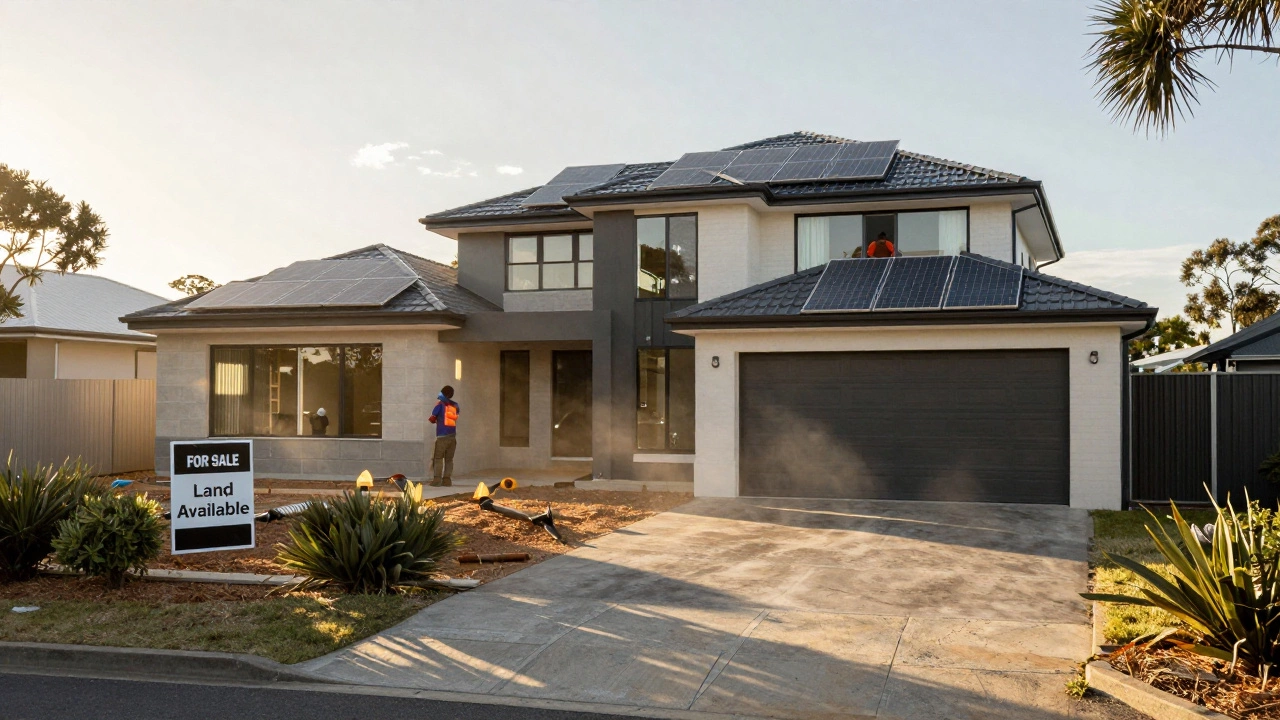Thinking about buying a home but not sure where to begin? You’re not alone. Most first‑time buyers feel overwhelmed by the paperwork, numbers and choices. The good news is you don’t need a finance degree to make a smart purchase. Follow these practical steps and you’ll be on your way to owning a place you love.
Start with a clear picture of what you can actually spend. Pull out your recent pay slips, list any other loans and figure out how much you can comfortably pay each month. A common rule is to keep your home loan EMI below 30‑35% of your net income.
Next, check your credit score. Lenders in India look for a score of 750 or higher for the best interest rates. If your score is lower, take a few weeks to pay down credit card balances and fix any errors on your report.
When you know your borrowing power, talk to a few banks or housing finance firms. Compare interest rates, processing fees and pre‑payment penalties. Small differences in rate can save you lakhs over the life of the loan.
Location matters, but it’s not the only factor. List what matters most to you – proximity to work, schools, public transport, or green spaces. Use online portals to filter listings based on those criteria.
Visit the site in person. Look for signs of good construction quality: straight walls, even flooring and proper drainage. Talk to current residents if you can; they’ll give you the real story about maintenance and community vibes.
Don’t forget hidden costs. Stamp duty, registration fees, and legal charges can add up to 5‑6% of the property price. Factor these into your budget before you make an offer.
Once you’ve found a property that checks your boxes, negotiate the price. Sellers often expect a little wiggle room, so start a few percent below the asking price and be ready to justify your offer with market data.
After the price is settled, hire a reputable lawyer to review the title deed and ensure there are no disputes. A clean title saves you from future headaches.
Finally, complete the loan paperwork, sign the sale agreement and register the property. Keep all receipts and documents organized – you’ll need them for tax benefits later.
Buying a home isn’t a sprint; it’s a marathon with a lot of moving parts. By setting a realistic budget, securing the right financing and choosing a property that fits your lifestyle, you’ll turn the process into a smooth ride. Ready to start? Grab a notebook, list your priorities, and take the first step today.

In 2025, building a house in Adelaide costs about the same as buying one-but new builds save money on energy, repairs, and maintenance over time. Here’s how to decide what’s right for you.

Renting a home often gets a bad rap as 'throwing money away,' yet this perspective might overlook several practical advantages. This article digs into whether renting could make sense for various life stages and financial situations. Explore the factors that distinguish buying from renting, balancing them with your personal goals. We'll dive into the realities of building equity, flexibility, and the actual costs involved. Understand if renting is a waste or a wise choice for you.